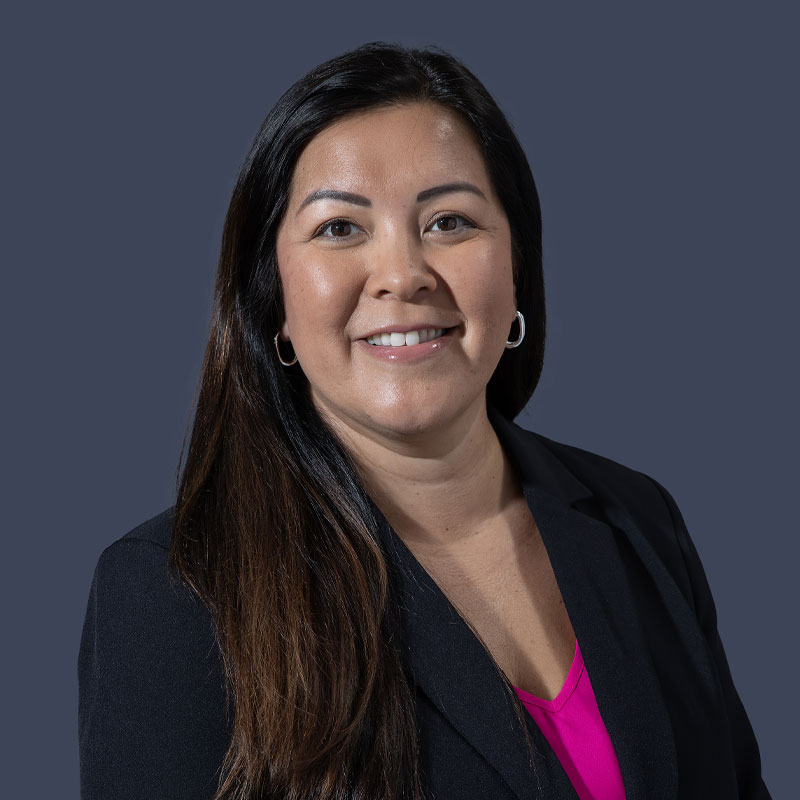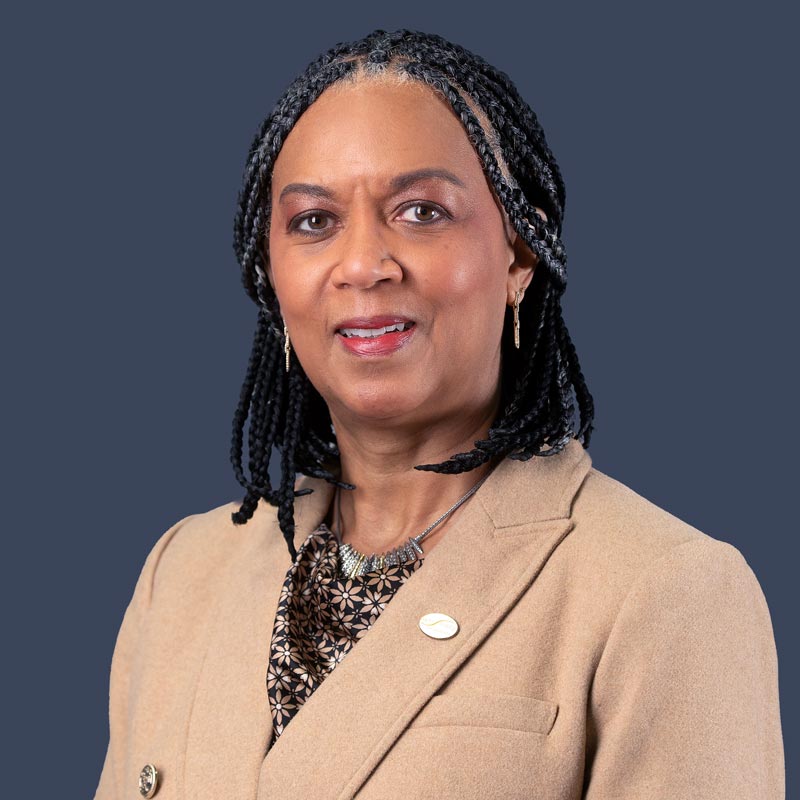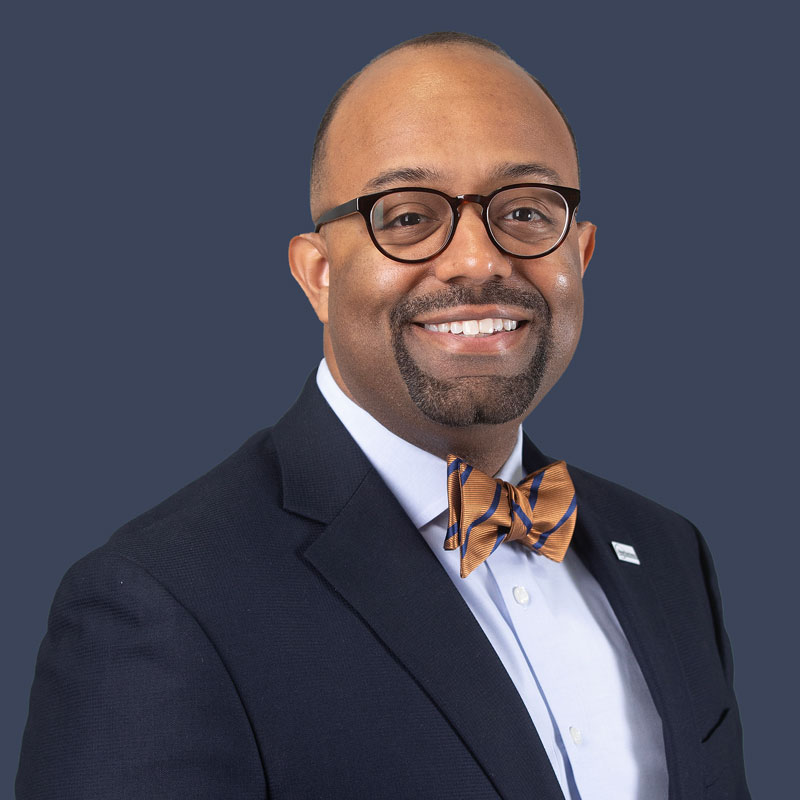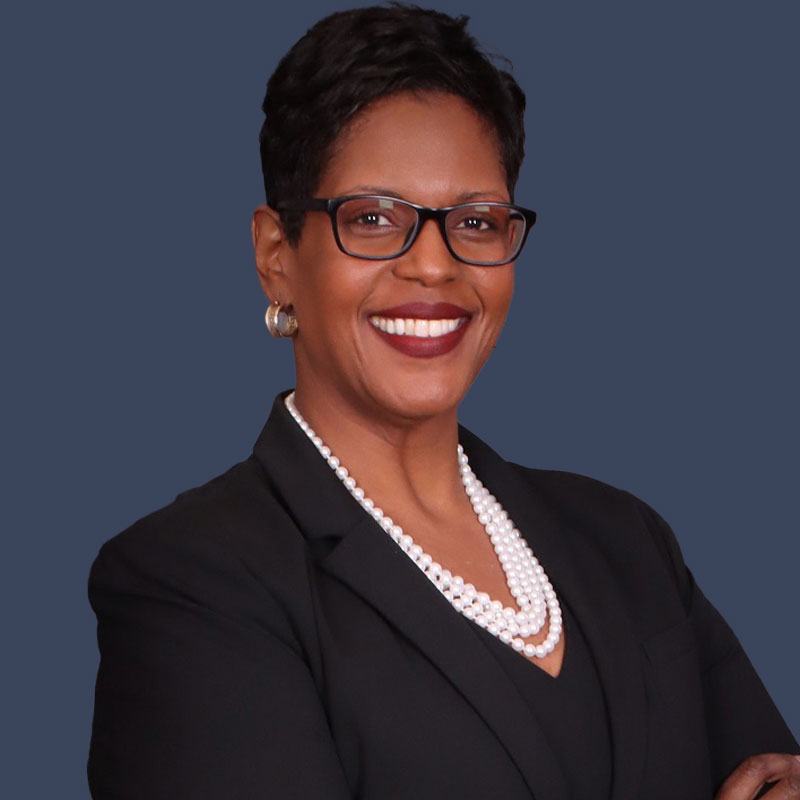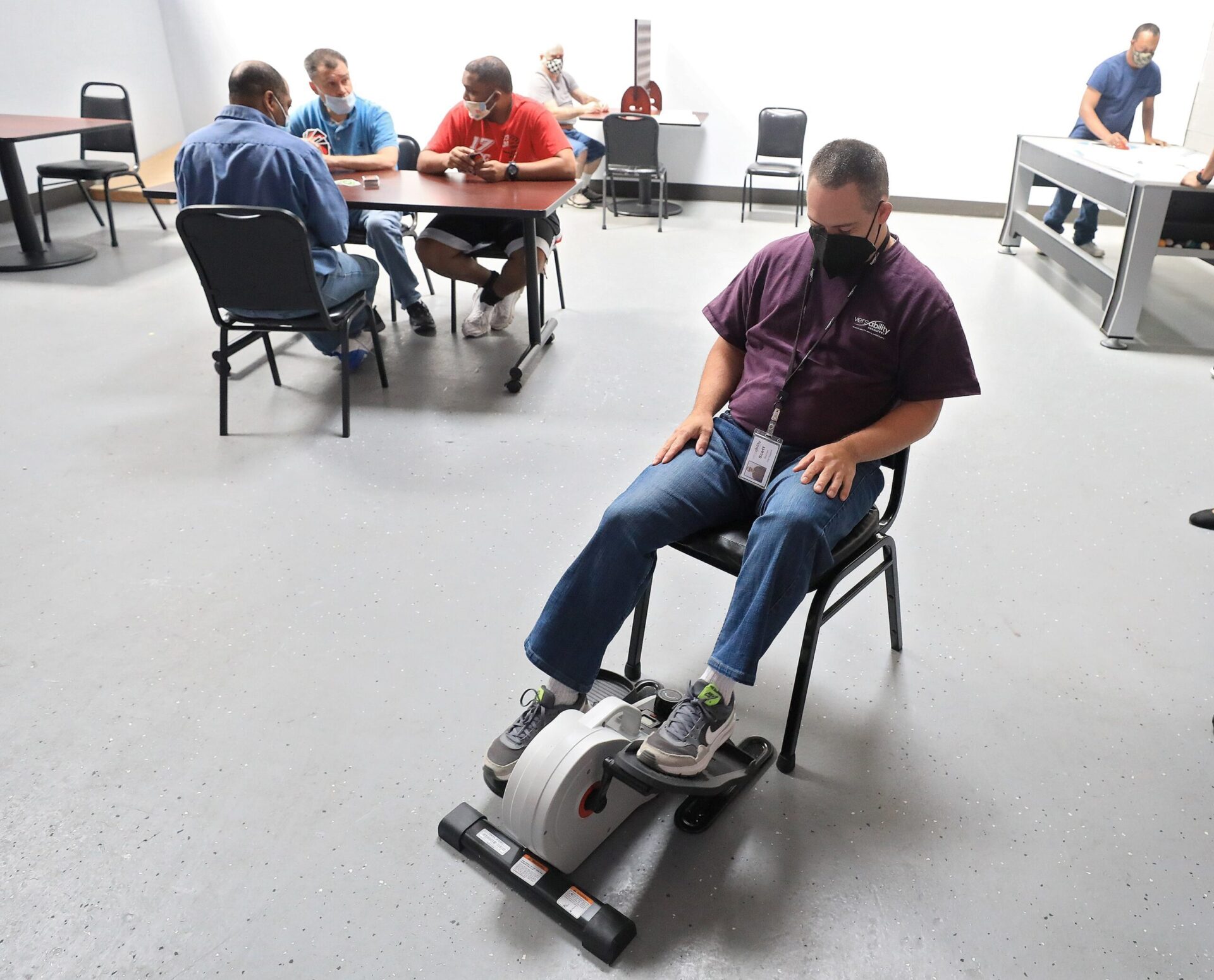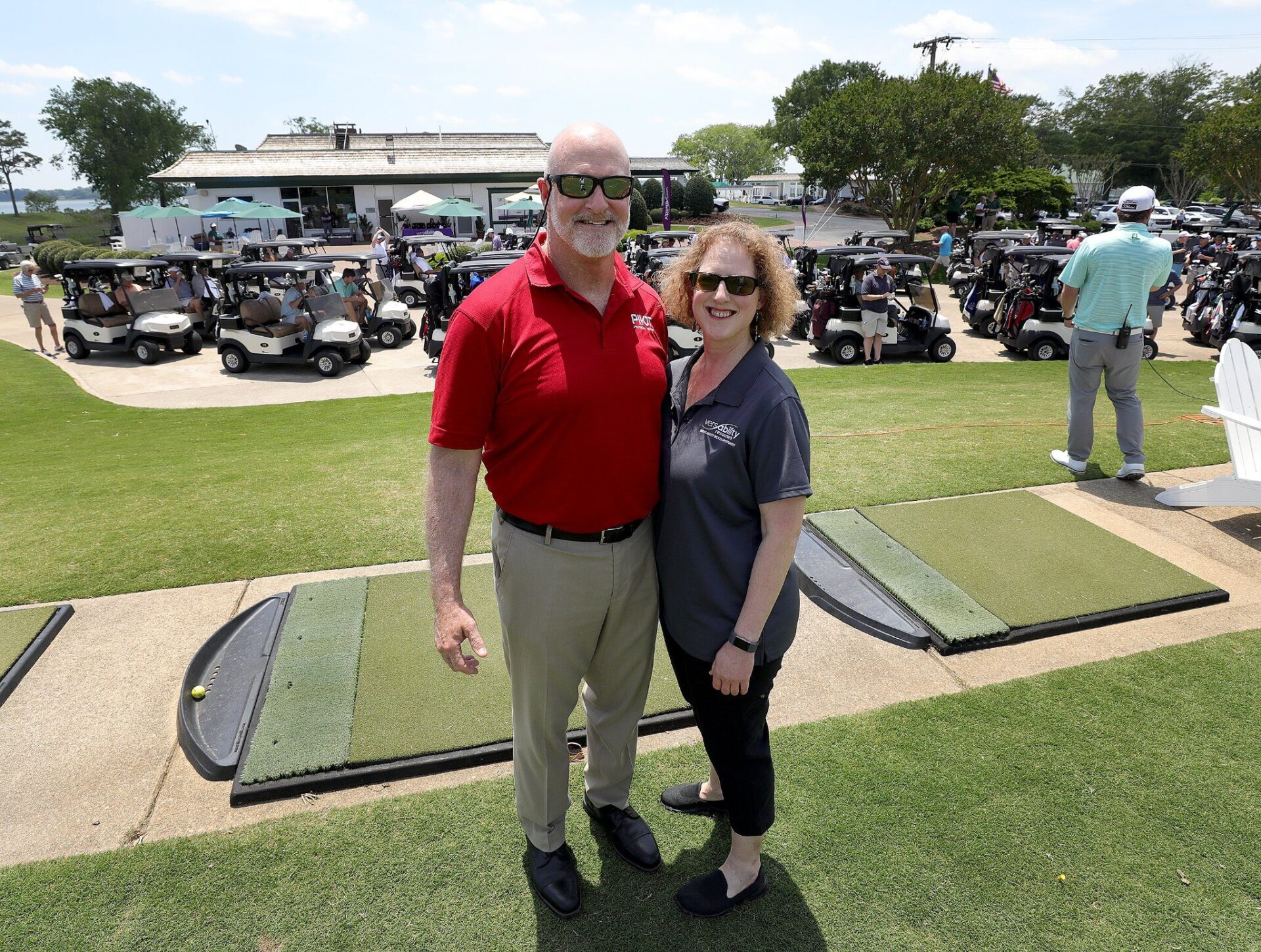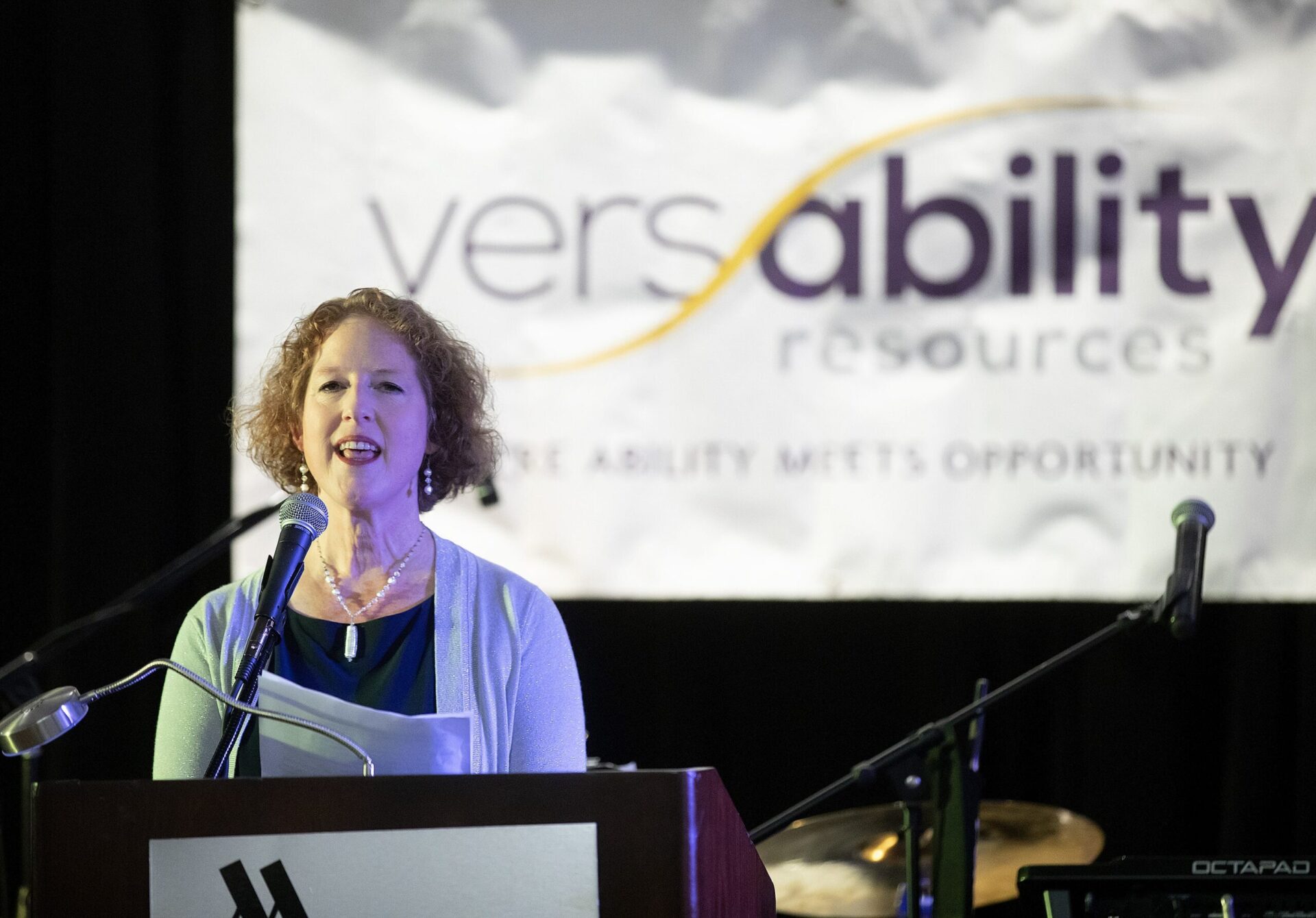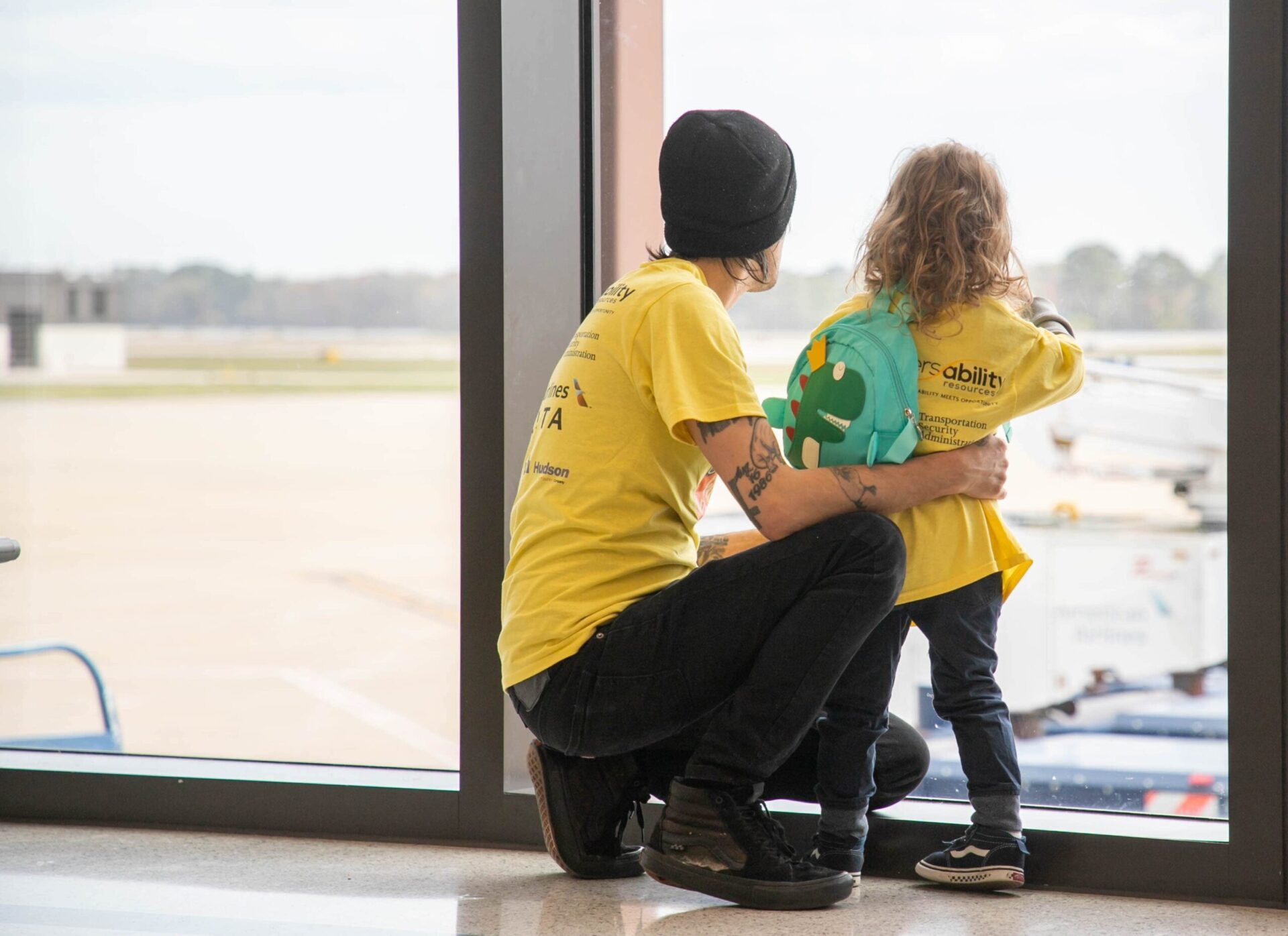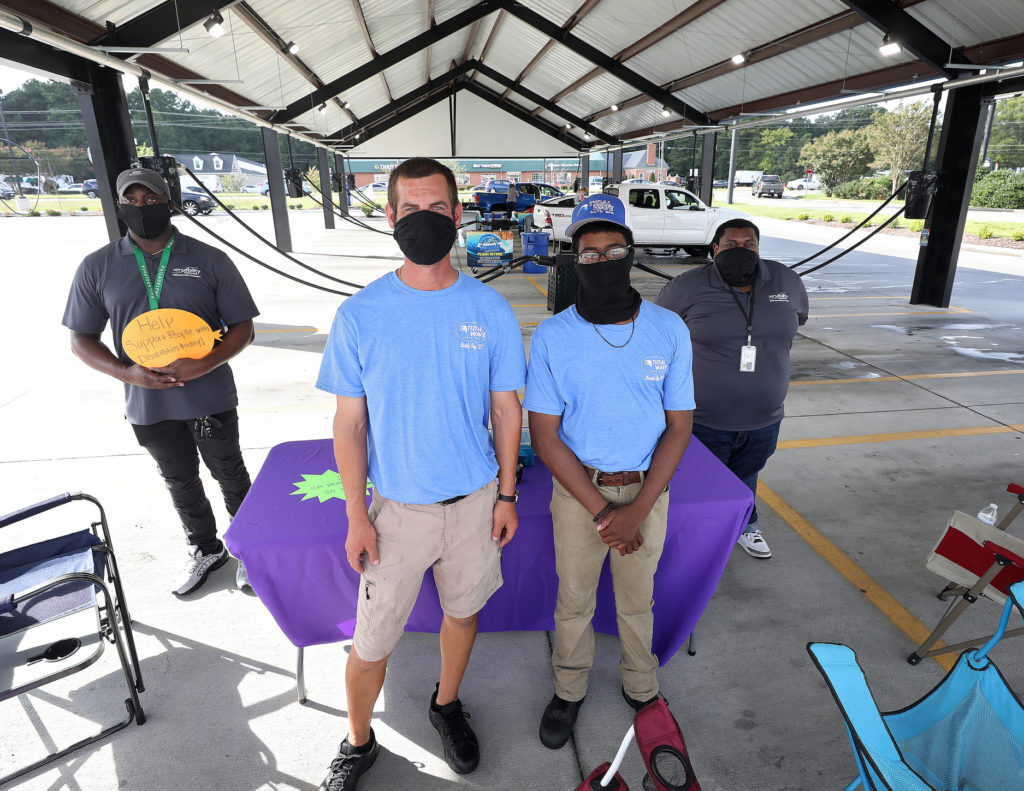VersAbility Resources is a leading provider of comprehensive services for people with disabilities of all ages. We are a nonprofit headquartered in Hampton, Virginia, serving more than 1,500 people with disabilities annually in the Hampton Roads region, the 10 counties on the Middle Peninsula and beyond.

VersAbility supports people of all ages with disabilities to help them lead full and productive lives of their choosing. Our Early Prevention and Intervention for Children (EPIC) program tailors therapy programs for infants and toddlers with developmental delays. We prepare students for life after high school and the transition to employment and postsecondary education with our Future of Work program and via our Pre-Employment Transition Services program.
We create jobs for people with disabilities across the nation thanks to our Government Contracts program, which includes ongoing contracts with the U.S. Navy and U.S. Air Force. This program enables people with disabilities to work alongside enlisted and civilian personnel at military bases from Hampton Roads to Hawaii and Guam. We also recruit talented employees with disabilities to work onsite at regional businesses through our Supported Employment program.
We provide a talented workforce to fulfill contracts for multiple commercial business partners who partner with us for customized solutions. We train employees to lend their skills to your workforce in areas such as production, manufacturing and call center services.
Through Day Support programs in Hampton and Newport News, people with disabilities develop new skills and engage in the community through volunteer, recreational, arts and leisure activities. The Puller Center in Gloucester offers day support services to adults with disabilities.
For individuals with significant disabilities, VersAbility operates eight residential homes in Hampton, Newport News and York County, each with trained staff for 24/7/365 support.
We envision a world where people with disabilities enjoy dignified lives of their choosing as fully accepted members of society.
VersAbility Leadership Team
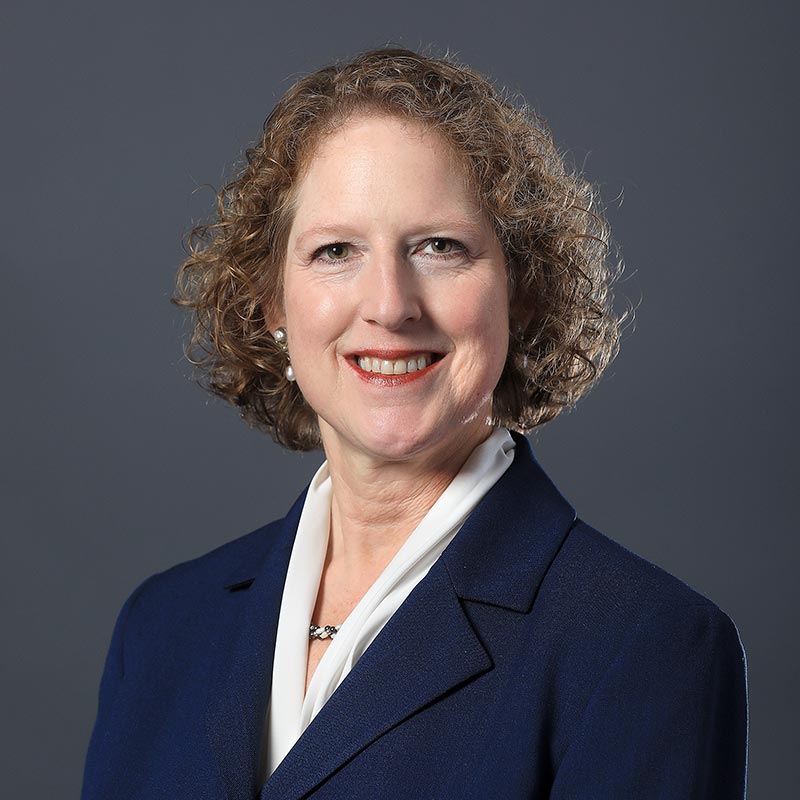
Kasia Grzelkowski
President/CEO

Linda Kerns
Chief Community Living Officer

Joe Harrow
Chief Development Officer
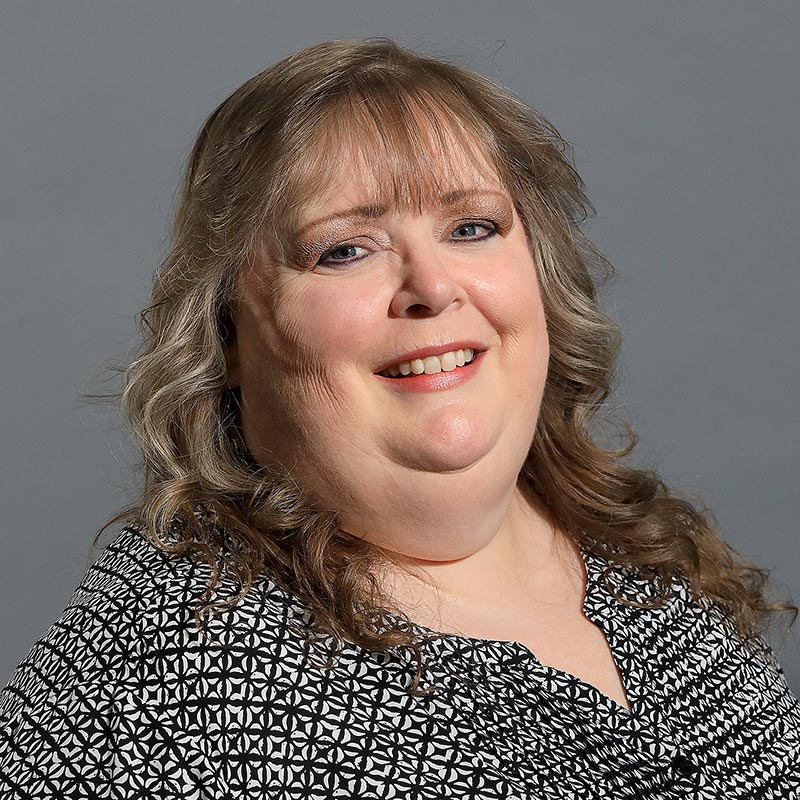
Reneé Rose
Chief Operations Officer
VersAbility Directors
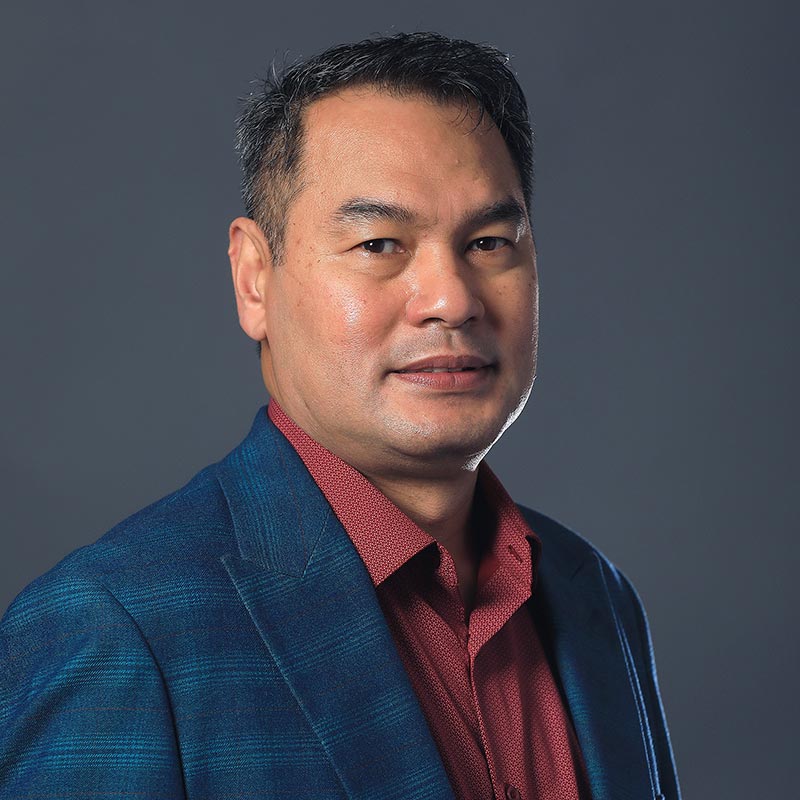
Aries Sumalnap
Director of Facilities
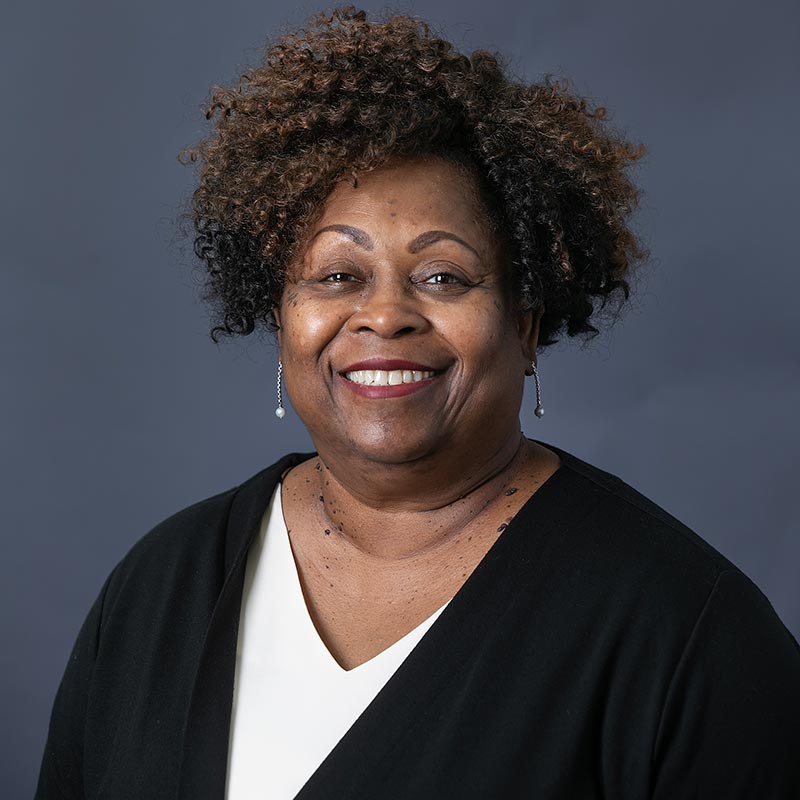
Bettie Hill
Finance Controller

David Neary
Director of Government Contracts
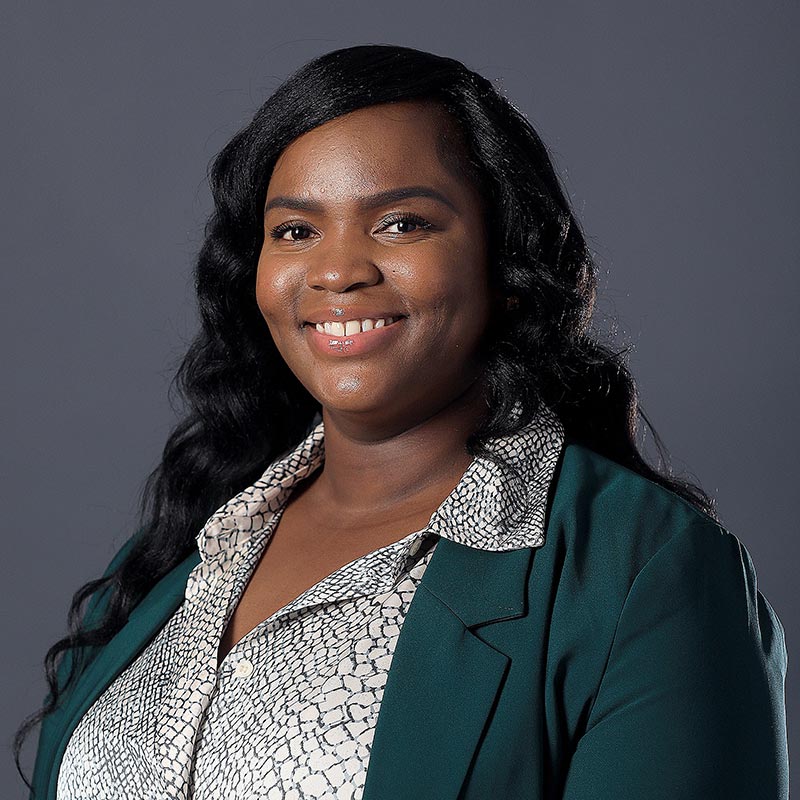
Ebonee Atkinson
Director of Community Living

Grant Keller
Director of Information Technology
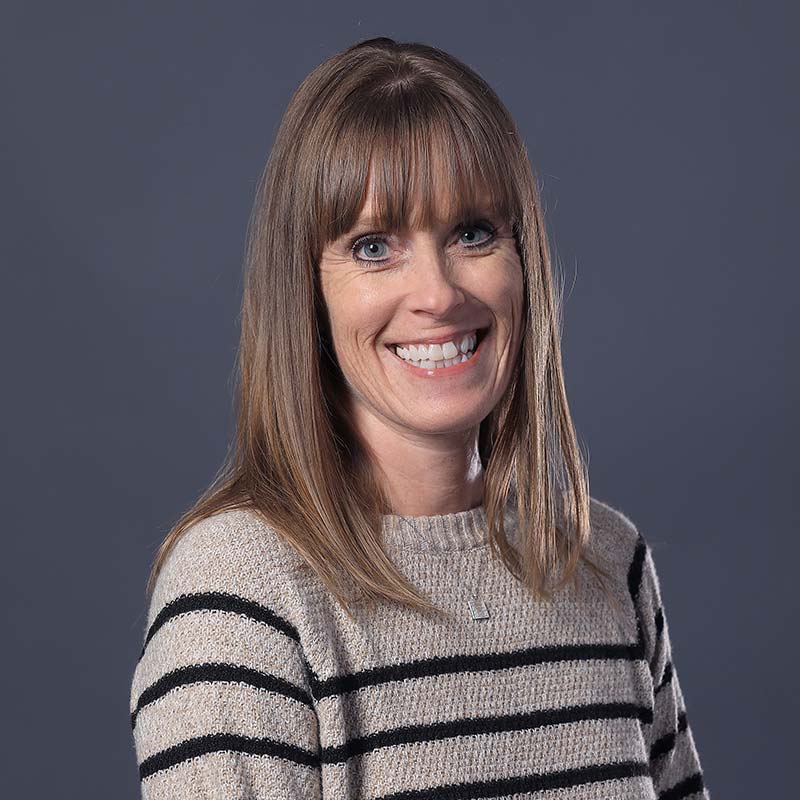
Jennifer Campbell
Director of Quality and Compliance
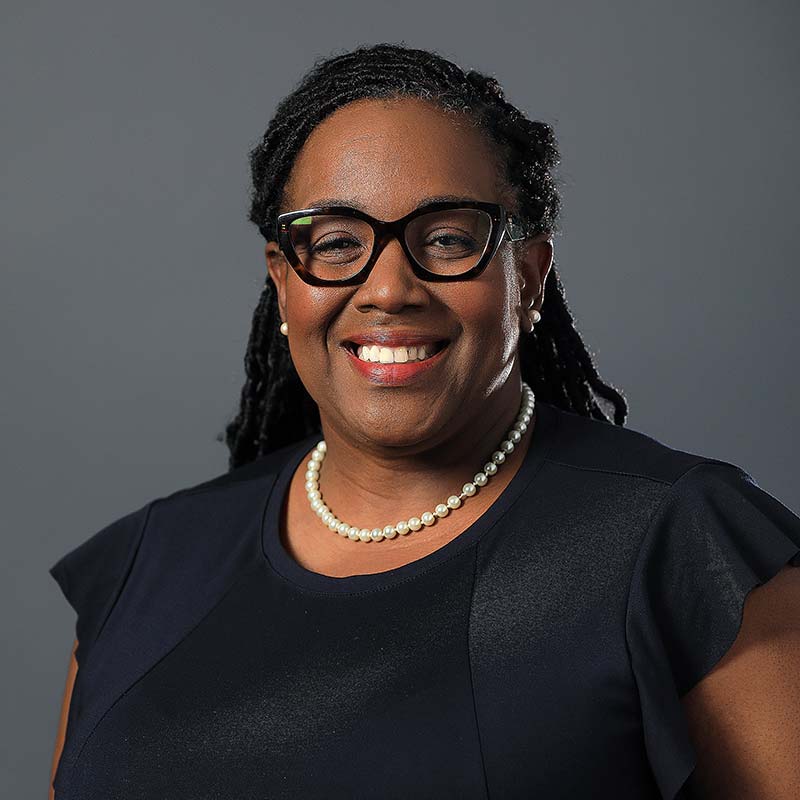
Lakisa Ward
Director of Operations
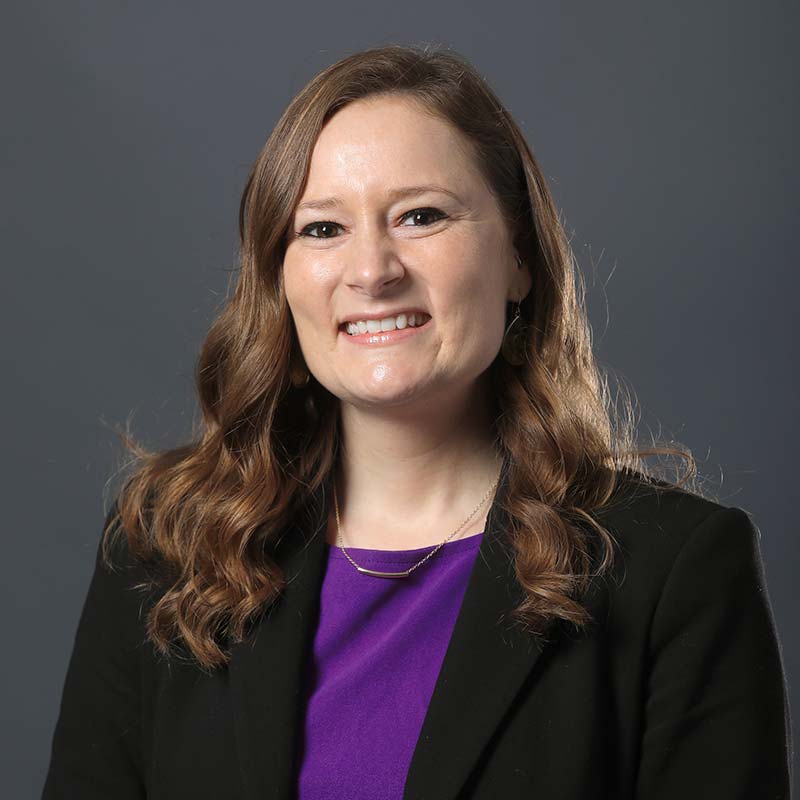
Vickie Greatwood
Director of Supported Employment
2023 Board of Directors

Dian Calderone, Secretary
Senior VP,
Credit Underwriter ManagerRetired President
Calderone Abbott PC

Shawn Avery
President/CEO
Hampton Roads Workforce Council
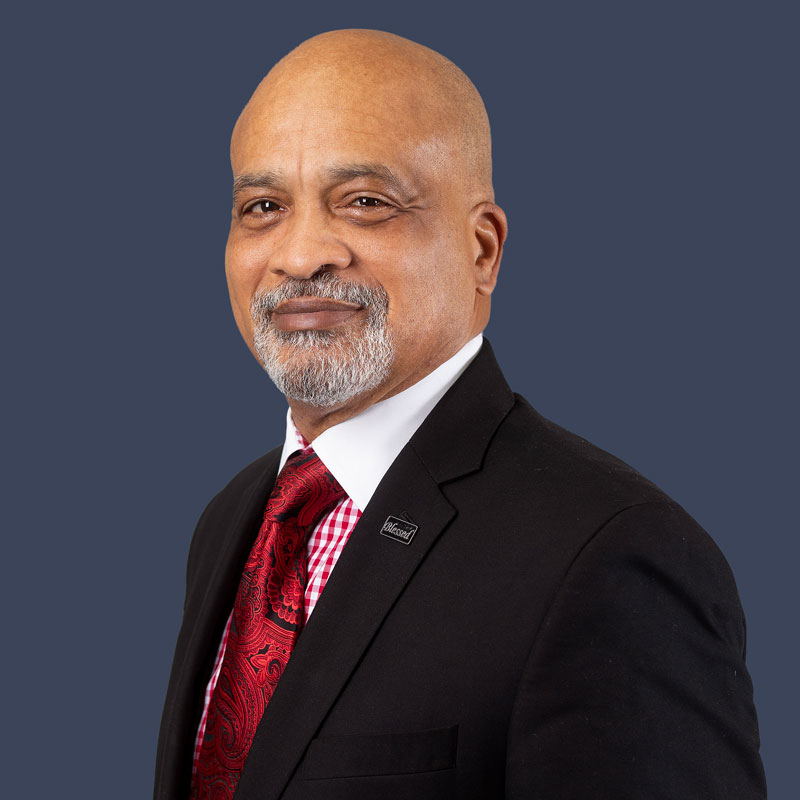
Jerome Barber
Pastor
Sixth Mount Zion Baptist Temple

Kapua Conley
Regional President, Peninsula
Sentara Healthcare

Mark Duncan
Director of Government Relations
Riverside Health System

Rick Dwyer
Executive Director
Hampton Roads Military and Federal Facilities Alliance
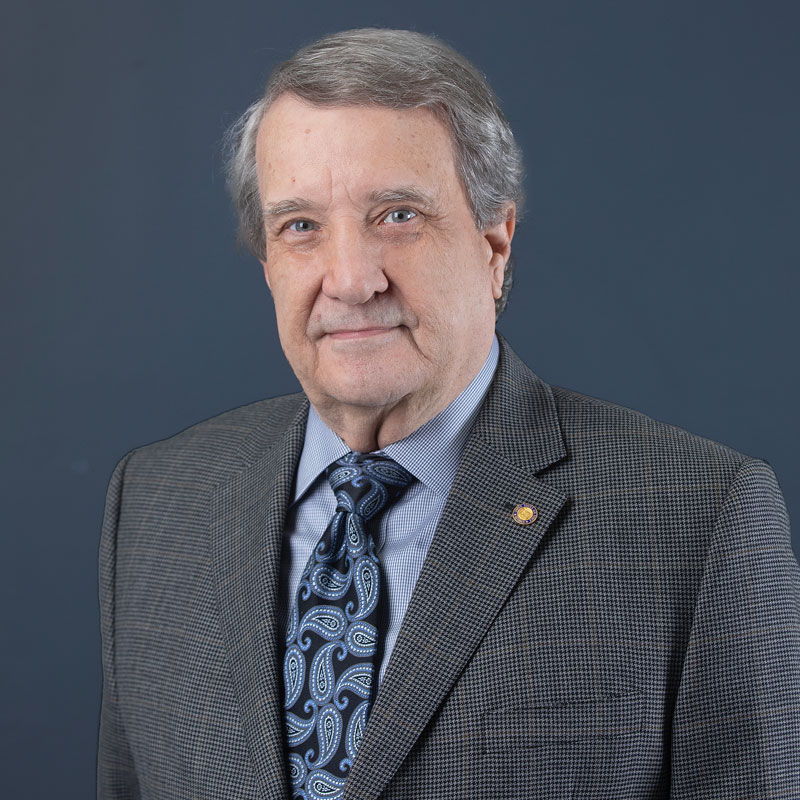
David McFarlane
Retired Lt.Colonel
United States Air Force
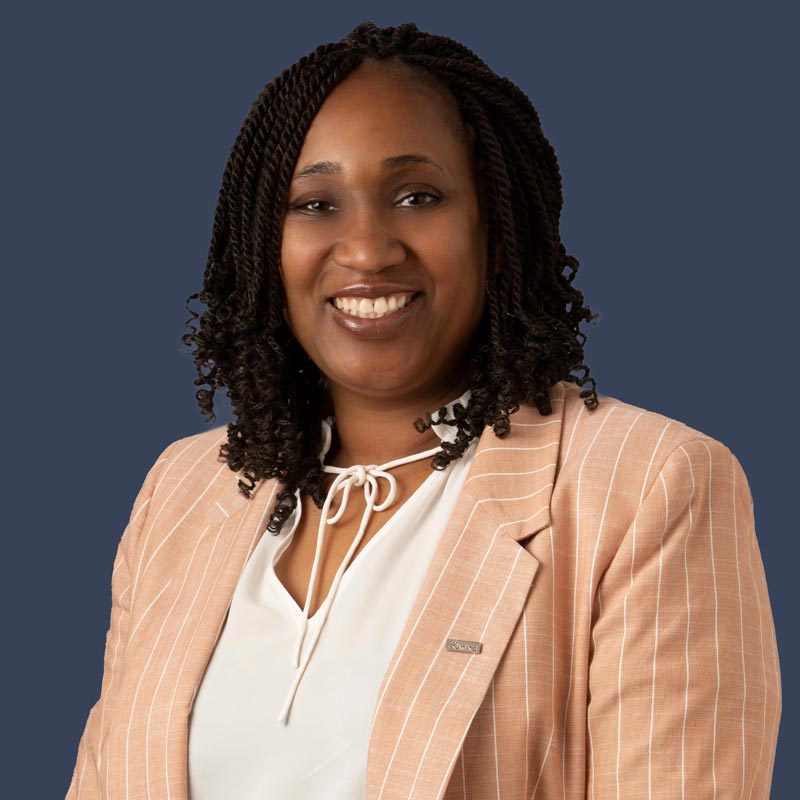
Lisa Pennyfeather
Commercial Lender Senior VP
TowneBank

Karen Velkey
Corp. VP, Compensation & Benefits
Huntington Ingalls Industries

Edith White
CEO
Hampton Roads Community Action Program

Jackie White
Retired Partner
PBMares, LLP

Kasia Grzelkowski
President/CEO
VersAbility Resources
History
Our history dates back to 1953 when our primary goal as the Peninsula Council for Help of Retarded Children was to establish special education classes in school. By 1960 we were the Peninsula Association for Retarded Children and established the Sarah Bonwell Hudgins Center as a regional alternative to institutions. Boy Scout Troop 140 and Girl Scout Troop 65 were formed as the primary organizations to sponsor recreational and social activities for youth with disabilities. They eventually combined for Explorer Post 140, the largest special-needs Scout troop in the nation.

By the 1970s, we operated two residential cottages known as Intermediate Care Facilities for the Mentally Retired, the first ones in the Commonwealth.
As inclusion became a dominant theme in the 1980s, we initiated a Government Contracts program to create employment opportunities for people with disabilities. We created the Early Prevention and Intervention for Children Program (EPIC), developed our Supported Employment Program that helps individuals with disabilities succeed in community-based jobs and created an adult Day Support program.
To remain consistent with the state/national organizations and out of respect for self-advocates who asked for limiting the use of the term retarded, the organization changed its name from Peninsula Association for Retarded Citizens (PARC) to The Arc of the Virginia Peninsula, Inc. (The Arc).
The Arc assumed operations of the Lewis B. Puller Center in Gloucester in 2001. The Puller Center is the only work program serving the 10 counties on the Peninsula and Northern Neck. The Puller Center moved into an expanded space in 2008.
In 2005, the Arc moved its headquarters to a newly renovated 100,000-square-foot facility in Copeland Industrial Park in Hampton.


